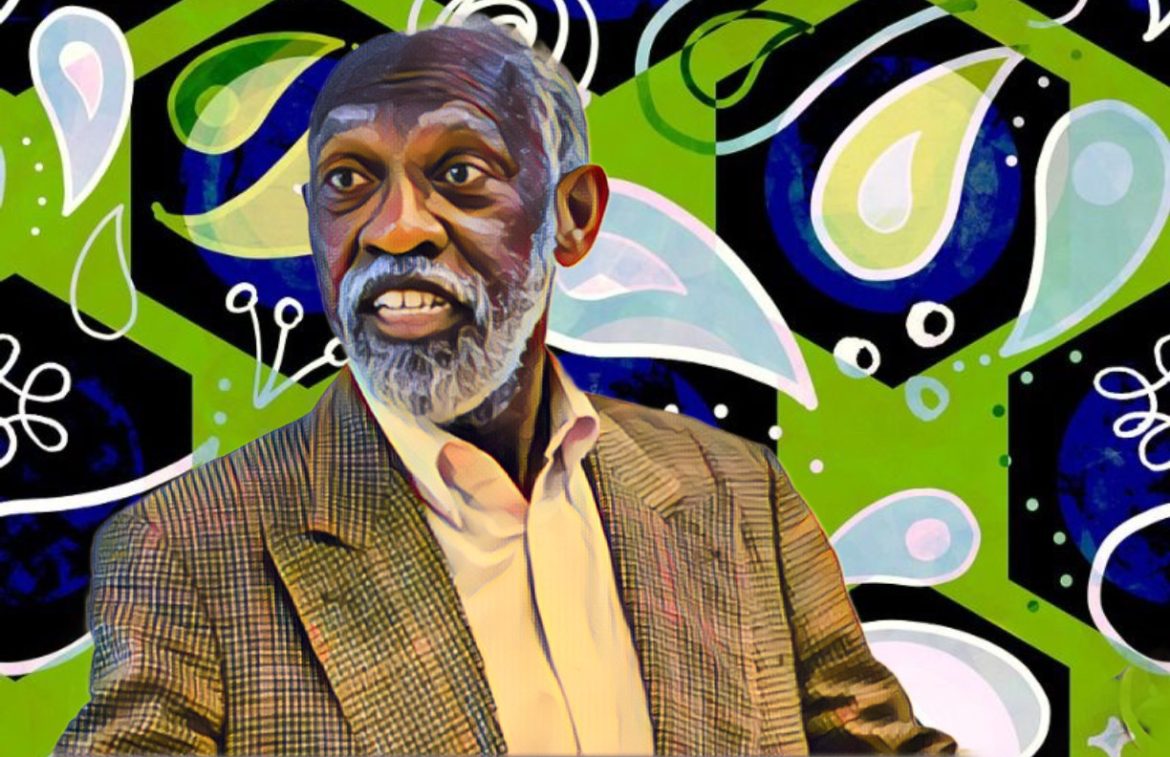Prof. Stephen Adei, the former Rector of the Ghana Institute of Management and Public Administration (GIMPA), has unequivocally stated that Vice President Dr. Mahamudu Bawumia cannot distance himself from the economic challenges that have besieged Ghana during President Akufo-Addo’s tenure. This assertion brings to the forefront the intricate dynamics of governance and accountability in one of West Africa’s most stable democracies.
At the heart of Ghana’s economic discourse is Dr. Bawumia, a figure once hailed for his economic acumen, now facing scrutiny over his role and influence on the nation’s fiscal policies amidst mounting economic pressures. Prof. Adei, speaking on JoyNews’ AM Show on Thursday, February 29, 2024, emphasized that leadership is synonymous with accountability and ownership of failures as much as successes.
As Ghana navigates through inflationary pressures and economic downturns, the conversation around leadership responsibility becomes even more pertinent. The narrative is not just about the economic policies in play but also about the figures steering these policies. Dr. Bawumia, having been at the helm of the Economic Management Team, finds his legacy intertwined with the economic decisions that have defined President Akufo-Addo’s administration.
The political landscape in Ghana is abuzz as the December 2024 elections approach, with the economy poised as a pivotal battleground. Prof. Adei’s critique highlights a broader debate on the expectations of political leaders and their accountability in governance. The “driver and mate analogy” mentioned by Prof. Adei refers to attempts by Dr. Bawumia to delineate his role, suggesting a more advisory capacity in the economic direction taken by the administration. This, according to Prof. Adei, undermines the intelligence of the Ghanaian electorate and evades the essence of collective responsibility in governance.
Despite the criticisms, Dr. Bawumia remains steadfast, affirming his commitment to spearheading Ghana towards economic recuperation. This stance was echoed at a conference in Accra, where Dr. Bawumia reiterated his dedication to navigating Ghana out of its economic doldrums. Meanwhile, President Akufo-Addo, in his State of the Nation Address to Parliament, underscored the collaborative nature of his cabinet, affirming that the ultimate responsibility for the government’s actions and outcomes lies with him.
This unfolding narrative in Ghana’s political and economic discourse underscores the complexities of governance, where the lines of responsibility and accountability often blur. As Prof. Adei and other observers weigh in, the debate extends beyond individual roles to encompass the broader mechanisms of decision-making and policy implementation in the country.
The discourse also reflects a growing demand for transparency and accountability from public officials, a sentiment that resonates with a populace eager for economic stability and growth. As Ghana inches closer to the polls, the discussions spurred by Prof. Adei’s remarks serve as a reminder of the weight of economic stewardship and the expectations placed on those in the corridors of power.
In a nation where the economy remains a critical issue for the electorate, the dialogue between leadership accountability and economic performance continues to shape the political narrative. With the spotlight firmly on Dr. Bawumia and the economic management team, the coming months are set to be a period of intense scrutiny and debate, as Ghana seeks paths to sustainable economic health and prosperity.
As this story unfolds, it reflects not just the challenges facing Ghana but also the broader African narrative of economic resilience, governance, and the quest for leadership that can navigate the complexities of modern-day governance. The discourse initiated by Prof. Adei is a microcosm of the larger dialogue on political accountability and economic management in the continent, highlighting the intricate dance between policy, leadership, and the welfare of the populace.





3 comments
Can you be more specific about the content of your article? After reading it, I still have some doubts. Hope you can help me.
Your article helped me a lot, is there any more related content? Thanks!
Your article helped me a lot, is there any more related content? Thanks!